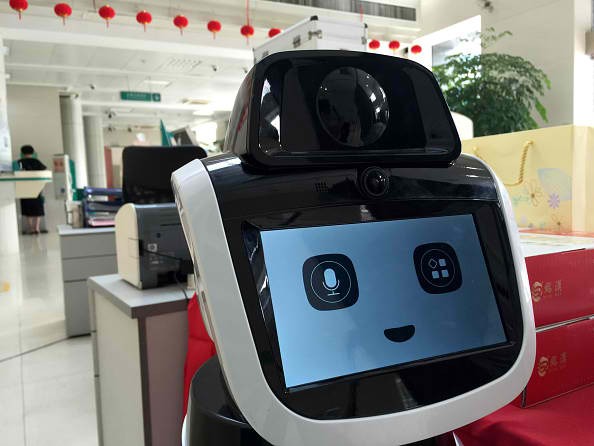An announcement was released recently by the Midea Group stating the merger of the Chinese company and Kuka, a German-owned company and one of the prominent players in the robotics industry. Midea is a consumer appliance giant in China.
Midea Group acquired more than 90 percent of Kuka's shares with a multi-billion euro offer, according to the announcement. The merger was highly criticized in Germany as critics said that the company sold out to the Chinese company and losing German-made technology.
Midea has been active in forming alliances with robotics manufacturing companies in a move to scale up its technology in the sector. Recently, the company formed an alliance with Japanese company Yaskawa Electric.
The merger with Yaskawa Electric amounted to $65 million.
China is now the global leader in robotics sales and has surpassed the U.S., Japan, South Korea and the European Union. China sold 65,000 industrial robots last year.
According to Midea's Vice President Andy Gu, "China is becoming the largest robotics market in the world, and we want to capture that growth potential."
He added, "There's demand not just from us, but from all industries. Kuka is already big in China, with 15 percent of the market, but it wants to be even bigger and having Midea as its owner will help. Given our meaningful footprint in China, we can help Kuka accelerate growth in terms of our customer base and supply chain."
China's fast-paced growth in the industrial manufacturing industry is the main focus of President Xi Jinping's "Made in China by 2025." The government has been putting in billions of dollars for technology upgrades.
The country's factories already account for 25 percent of the world's industrial robots in 2014, a 54-percent increase over the previous year, according to a report by the International Federation of Robotics.



























